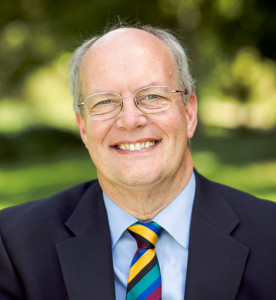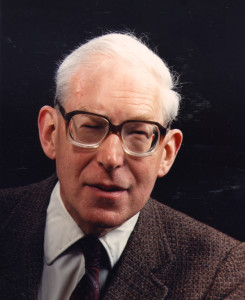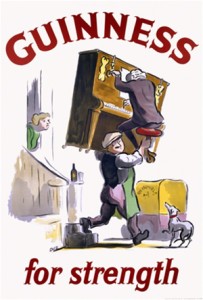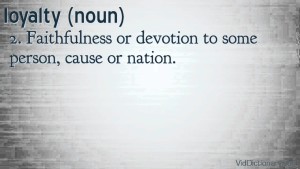Like everyone else, I have been appalled at the events taking place in Paris over the weekend. I myself was in London moving among crowds of people out enjoying themselves. It was easy to imagine the havoc and chaos that could be caused by someone blowing themselves up in the middle of such crowds. Readers of this blog will first of all be imagining terror and grief experienced by thousands of people in the French capital today. But there is another act of imagination that we should attempt. We have to try and get inside the minds of people who are prepared to kill random strangers in the cause of a political/religious agenda. This task is much more difficult but it is one that this blog is constantly trying to bring to my readers’ attention. What are the salient points of an ideology that is at the same time a death cult? At one level there is a profound jealousy of the freedom and the way of life enjoyed by Western societies. There is a particular hatred among Arab men for the lifestyle of Western women who enjoy choices and freedoms which would not be tolerated in their own societies. Jealousy changes very quickly into hatred and it has as a kind of justification the idea that people who do not live by the stern commands of the Muslim faith, have somehow lost their way in the task of righteous and godly behaviour. Such ungodly behaviour must be punished by death.
There are of course in our own societies strands of belief which parallel the hatred and intolerance of the Arab terrorists. The extreme right wing in America preach a version of Christianity that is sometimes intolerant in the extreme. But, apart from the case of a few disturbed individuals, this intolerance does not usually give way to violence. But it is still right for us to compare certain extreme forms of Muslim ideology with beliefs practised by Christians. The most important link is in the binary thought processes of Arab terrorists which is something that is shared by conservative fundamentalists in the West. Binary thinking says, in a few words, that because this belief is right, the opposing belief is wrong and must be resisted at every point. Binary thinking thus excludes paradox, tolerance and inclusivity. It is a state of living with only black and white. All forms of grey are rejected. Such thinking is probably to be found more often among the less educated in society. It is also the form of argument and understanding adopted by a child. The adult who thinks in this way has either been part of an extreme group all their life or they have been failed by the educational process. In many cases the people who remain stuck in black/white thinking are not themselves to blame. They belong to groups who want to deliberately keep them in a state of mental and emotional subordination. They need the liberation afforded by education but this will be hard to do when the institutions to which they belong have a vested interest in keeping them in a state of intellectual dependency.
The power of bigotry and ignorance has been powerfully demonstrated this weekend. If I am even partly right in my assessment that it is poor education which creates this terrible narrowness and lack of tolerance, then urgent action is needed. If we believe in accepting other people who are different from ourselves, then we should be setting an example and living out this tolerance in an active rather than passive way. We need also to be the kind of people who go out of our way to be exposed to ideas quite different from our own. Every society needs people who seek out new cultures and different ways of doing things and are able to show that this is an important aspect of being a citizen in their own country. Discussion with others must not just be an opportunity for repeating long held ideas. It should be a conscious attempt to learn from hearing the ideas and experiences of other people. In this way we can play our part in making learning and listening a proactive part of our interaction with other people.
Within the minds of the fanatics who kill people in the name of a single version of truth, there is an inability to accept the otherness of individuals around them. Truth for them in other words is a monochrome, unbending and inflexible reality. Because there is no other reality, the true believer has to kill and use violence against anyone who does not agree with this version of truth. This way of thinking and practising a religious faith has always to be challenged and defeated. We can begin to do this by our own challenging of exclusivity, bigotry and intolerance by Christians towards those who are different from them. When Christians use harsh and discriminatory language against those who do not belong to their tribe, we are on the beginning of the process which may eventually lead to the violence and hatred that we saw enacted in Paris this past weekend. In the last resort inclusivity, tolerance and love are matters of life and death. All of us have a responsibility for promoting these values so that our society can never descend into the horrors of IS. Jesus welcomed many people whose lifestyles and failures horrified the respectable Jewish establishment. How much more should we err on the side of generosity in welcoming and loving people who are both different from us and who think in ways that we find difficult?









